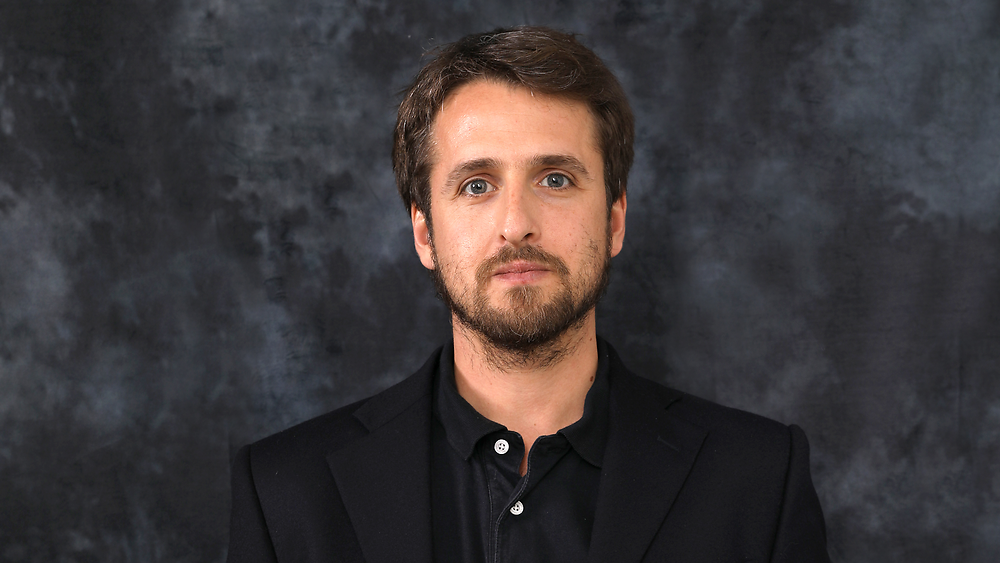June 01, 2022 | News | Max Planck Partner Group
Daniel Ciganda leads Group on “Simulation of Sociodemographic Systems” in Uruguay

© MPIDR
In June, former MPIDR Researcher Daniel Ciganda starts to lead a Max Planck Partner Group in Montevideo, Uruguay hosted by the Statistics Institute of the University of the Republic (UDELAR). He wants to develop a framework to improve fertility forcasting in low- and middle-income countries.
“We want to advance demographic forecasting, and fertility forecasting in particular, by providing a theoretically and statistically sound framework for producing simulation-based forecasts”, says Daniel Ciganda, Leader of the recently started Max Planck Partner Group for the “Simulation of Sociodemographic Systems”. This framework is intended to be easy to use, adaptable, and extendable by other researchers, organizations, and institutions in charge of informing the design of public policies and programs.
The Max Planck Partner Group will focus on low- and middle-income countries, and Latin American countries in particular, most of which are still undergoing the last phase of the fertility transition. This means that the evolution of their fertility patterns in the coming years will continue to have a profound impact on several dimensions of social organization, like education and pension systems, labor market, and the demand for health and care services.
“The problem we intend to solve is the over-reliance of fertility forecasts on macro-level extrapolation methods”, says Daniel Ciganda. Currently, most national statistical offices and international organizations produce forecasts by extrapolating from aggregate level indicators. This approach relies on the strong assumption that past fertility trends will extend into the future, regardless of how other relevant social processes are expected to evolve.
The capacity to accurately anticipate the evolution of fertility trends is one of the key instruments to avoid systemic crises. It helps to transform institutions and services in ways that improve living standards.
About the Partner Group Leader
Daniel Ciganda completed his undergraduate studies in Uruguay and postgraduate studies in Canada, Spain and Germany. The main areas of his training are Demography, Sociology and Simulation Methods. His research has focused on the development of microsimulation models the unterstanding of demographic change and project scenarios for future population growth and change.
Daniel's interest in this line of research stems from a series of trends that have made demographic change one of the central challenges facing humanity in the 21st century. The Max Planck Partner Group combines the need to tackle this challenge with the interest in using the ever-increasing potential of computational methods.
About Max Planck Partner Groups
Max Partner Groups are led by outstanding early career researchers of a Max Planck Institute (MPI) who have returned or are about to return to a high-performance research institution / university in their home country. Max Planck Partner Groups enable collaboration in research areas that are innovative, scientifically promising, geared to the future and of mutual interest both to the MPI and to the partner institution in the home country of the former scientist to which she/he is relocating. A Partner Group is set up for a duration of five years and provides a high-level and visible framework to the Partner Group Leader aiming at strengthening collaboration, building up a research group as well as international networking.
More info: mpg.de/272644/partner-groups